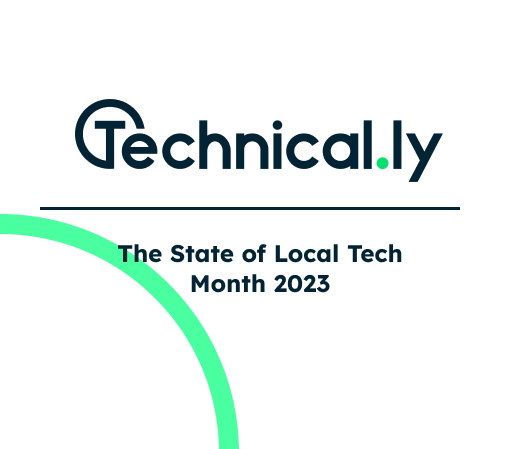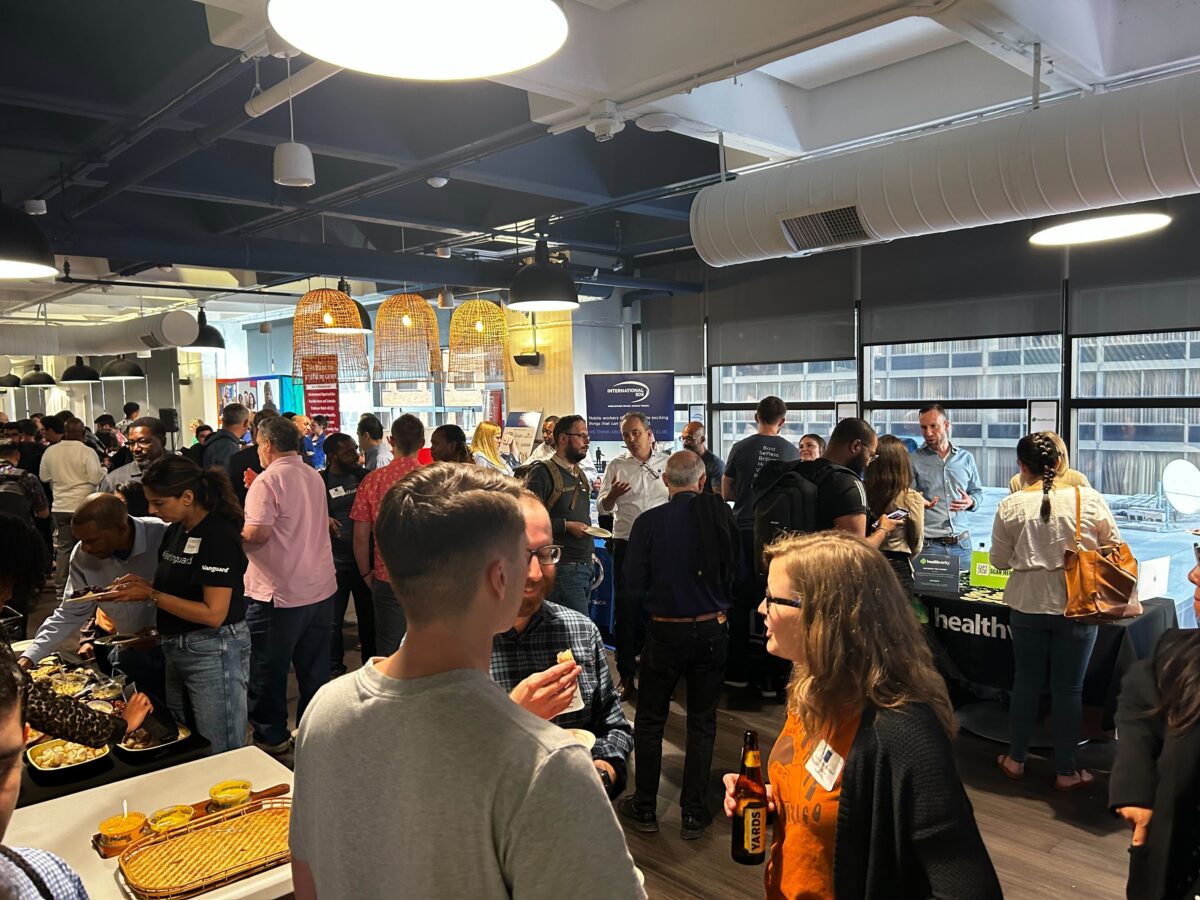Over the last six months, it’s felt like AI tools such as ChatGPT are everywhere, prompting questions about how AI will impact the way work is done and if this technology will remove the need for some people’s jobs.
Case in point: A program manager at a large firm recently told Technical.ly their developer experience strategy team is running a trial of the AI pair programmer tool GitHub Copilot. If post-trial surveys come back showing employees are more productive when using Copilot, leadership could cut down the number of people on that team.
To them, it begs the question of whether AI will be primarily be used for good, or bad.
“I think that it is more likely just going to be for the good — people have these tools to be able to get stuff done faster — but it’s also true that some people will lose their jobs,” the program manager said.
That good vs. bad dichotomy isn’t so simple, though.
Will AI replace people?
Martin Snyder, VP of engineering at Blue Bell-based clinical SaaS data vendor Pinnacle 21, thinks AI could help people be more productive, but this will hurt collaboration dynamics because instead of outsourcing tasks like building a website to another professional, AI can help them instead.
“Especially if they have a really strong skill set in one direction, [individuals] will be able to use this to complement themselves and turn into more of a one-person army — which is probably great in the macro sense, but not so great in the micro collaborative sense,” nor for gig workers who will lose work, Snyder said at a lunch discussion before the Technical.ly Developers Conference during Philly Tech Week 2023 presented by Comcast.
Gloria Bell, founder of the national nonprofit Women in Tech Summit, disagreed with Snyder: Instead, smart pros will emphasize their individuality and what they can do better than ChatGPT to stand out, she said. AI is going to force people to up their skills and become better at what they do, so AI can’t do it better.
As Technical.ly CEO Chris Wink noted last month: At work, AI will reward specialists over generalists.
Andrew Gamino-Cheong, CTO and cofounder at DC-based AI accountability startup Trustible, said all professionals should be demanding companies to document their stances on artificial intelligence. In order to regulate an AI-prompted loss of jobs, he said, laws should require companies to justify why they need to use AI, if they are. Then, “at least you can demand that organizations take a stand of it, and then the market can decide whether to afford those organizations or not.”
How will AI impact those entering the tech workforce?
Gamino-Cheong said a shift toward using AI over humans will add to the challenge early career technologists face now just to get their foot in the professional door; tools such as Github Copilot may be better at writing code than entry-level engineers. That means AI will impact some groups of job seekers more than others, he said.
For instance: Newer staffers won’t get the experience they need, but longer-tenured employees will continue to grow even more expertise in their field.
Tariq Hook, cofounder of Wilmington-based tech education nonprofit Code Differently, said engineers who have years and years of experience will have more confidence and can use AI tools more effectively because they are able to call out when the tech is wrong. Beginner technologists who don’t have that foundational knowledge won’t be as effective. Thus, he said, education programs should include both critical thinking skills and coding skills.
No one left behind
Michelle Duncombe, a senior manager of product at Center City Philadelphia’s Comcast, said alongside the celebration of new technology, we must still be mindful of the possibility that certain people without access could get left behind.
“We still don’t have everyone who has access to the internet. So, what does AI mean in kids’ futures if they don’t have access to that technology?” she said. As an industry, “we have a lot of things that we still need to figure out.”
Sarah Huffman is a 2022-2024 corps member for Report for America, an initiative of The Groundtruth Project that pairs young journalists with local newsrooms. This position is supported by the Lenfest Institute for Journalism.
This editorial article is a part of State of Local Tech Month of Technical.ly’s editorial calendar.
Before you go...
Please consider supporting Technical.ly to keep our independent journalism strong. Unlike most business-focused media outlets, we don’t have a paywall. Instead, we count on your personal and organizational support.
Join our growing Slack community
Join 5,000 tech professionals and entrepreneurs in our community Slack today!

The person charged in the UnitedHealthcare CEO shooting had a ton of tech connections

From rejection to innovation: How I built a tool to beat AI hiring algorithms at their own game

Where are the country’s most vibrant tech and startup communities?



